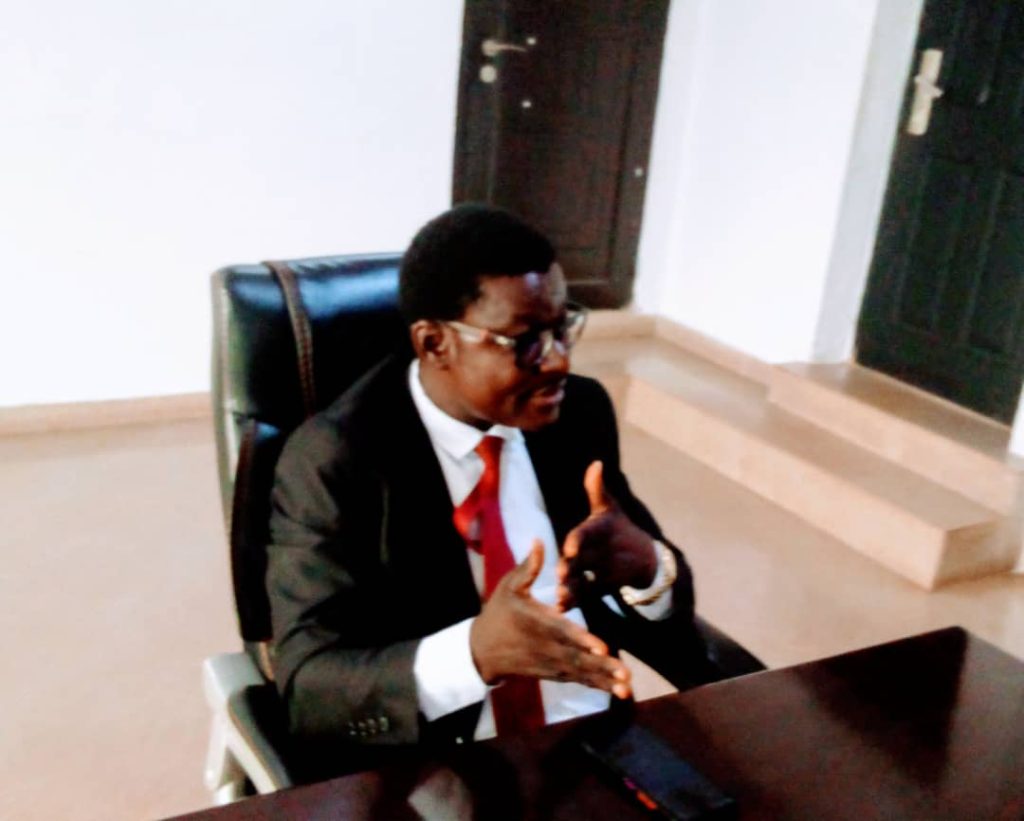Ben Ezechime, Enugu
The Enugu State Government says plans have been concluded to introduce Community taxation in all the autonomous communities in the state.
The government also said that it has begun the implementation of e-ticketing model to ensure a consolidated revenue system in the state.
Chairman of the State Internal Revenue Service (SIRS), Mr Emmanuel Nnamani disclosed this at a press briefing on Tuesday in Enugu.
He said: “We are officially going to kick-start the e-ticketing model on September 27, 2023, in all the markets and other relevant institutions in the state.
“This means that all revenues are going to have a single ticket.”
He said the e-ticketing model would also apply to all other sectors of the state economy.
According to him from that date all hotels in Enugu State will be charging five per cent tax to Lodgers While media houses will pay 10 per cent tax from their advertisement proceeds.
The chairman also informed the media that every house in Enugu would be mandated to pay land use charge.
He further said that the government was embarking on massive tax regime that would ensure that every citizen/resident of the state pays tax.
“Very soon we will stop any citizen without evidence of tax certificate from accessing government facilities and institutions including public schools owned by government,” he said.
He also said the government was determined to ensuring that citizens pay tax, while the government provides the much needed infrastructure and other services to the people.
According to him, the government will use the law enforcement agencies to enforce the new tax regime in the state.
Nnamani further explained that the the e-ticketing model had the capacity to engage over 500 ICT service providers across the state.
He said that the present administration was charting a course for tomorrow through exponential growth in revenue generation.
He also disclosed that the government was planning to introduce Community Tax whereby communities in Enugu State would begin to pay taxes.
“Each community will be required to pay tax; the government also will be required to complement the efforts of the communities by providing them with infrastructural development,” he said.
Nnamani said that so far, the government had engaged with traditional rulers and president generals of the various communities.
The chairman said though, the consolidated tax regime would be resisted but the government was determined to achieve its set objectives.

